By Caleb
Just when you thought you already survived the dreaded acne after high school, you get the shock of your life as you face that angry red zit again in front of your bathroom mirror…. Enter college – doing thesis papers, cramming for upcoming exams, prom and all the things that would possibly cause you stress acne.
Most of us have acne at one point or another in our lives. That being said, acne can be worsened while in college and the breakouts may seem never ending.
Whether we like it or not, college years cause a change in most people's lifestyles causing stress and potentially the unhealthy habits could worsen acne while in college.
But how do we cure or manage this stress acne during college years , which we call college acne blues?
What Is Stress Acne
Like all types of acne, stress acne is caused by a mix of bacteria, oil, inflammation, and hormones.
Stress acne is often found along the jawline, chin and cheeks and can look like a combination of whiteheads, blackheads, red bumps and pus filled pimples.
There are two kinds of stress that can cause adult acne: emotional stress and physical stress. The emotional stress causes or creates a biological change in the body that can lead to many other triggers of adult acne especially when you’re feeling scared, anxious or pressured. Physical stress comes from extreme weather, lack of sleep, illness, dehydration and exposure to environmental irritants. Stress levels can increase hormone cortisol levels which worsen acne.
Why Do We Get Acne In College?
What could be more stressful than college? The wee hours of late night sleeping due to finishing your papers or cramming for exams? Getting up early for an 8 AM class? All while trying to figure out your path for your future. Getting clear skin in college might actually be harder than getting a degree if you're dealing with chronic acne. Acne is a taboo subject on campus – it’s like our zits were supposed to magically dry up when we reach the age of young adulthood.
Stress is definitely a factor when it comes to acne. As college students, stress isn’t completely unavoidable, since many students are under chronic low levels of stress due to poor sleep, diet, and anxiety over managing exams, school work, social life or extracurricular activities, and a part time job for some.
Stress may be the reason why you’ve developed new acne breakouts in the first place, but if you are freaking out about every new breakout, you will yet again be stressed out which can lead to even more skin issues. Some college students foresee acne breakouts as the end of their world as they may lose self-confidence which is very important for succeeding and making friends.
Let’s face it: we may not be able to get rid of acne in our life forever, but we can manage to treat acne so that is it minimized even while in college.
According to Jody Levine, an assistant clinical professor of dermatology at Mount Sinai Medical Center in New York City, “The college years are a prime time for breaking out, even for people who went through the bulk of teen years. She adds that our skin reflects our overall health and the disruptions in our diet, exercise and sleep , plus stress, can lead to acne breakouts.
As you enter into university, you will find that your lifestyle may change in varying ways. When this happens, don’t stress out! It’ll only make you feel worse! Identify the changes in your lifestyle and make an effort to cope with these changes. To be realistic, you might face a trial and error situation because everyone is different when it comes to treating acne. Don’t give up!
How To Manage Acne In College
Managing stress acne in college may not be that easy, considering the fact that we have to endure sleepless nights cramming for exams, projects and thesis plus the inevitable cravings for junk foods while working on those stuff to meet the deadline.
There are tips on how you can manage acne caused by stress during your college years.
- Keep a simple skin care routine
- Be mindful of what you eat
- De-stress yourself
- Get plenty of sleep
- Get organized
- Exercise
- Resist touching your face
- Relaxation/Me-time
1. Keep a simple skin care routine
Developing a simple skin care routine is important as it strengthens your skin and prepares it for any effects of aging, according to Northwestern Medicine. Aside from this, it is also important to cleanse your face at least 2x a day, followed by a moisturizing sunscreen during daytime. Sunscreen daily is important even at a young age since a lot of skincare ingredients can lose their effectiveness when exposed to UV rays.
Simple skincare routine in college to prevent acne:
1. Cleanse twice a daily with a gentle cleanser. Double cleansing is recommended if you wore makeup during the day.
2. Use a daily moisturizer or treatment that reduces irritation in skin. Pick one that suits your skin type, for example an oil free one if you are oily-prone and a heavier moisturizer may work if you have dry skin.
3. Apply facial sunscreen with SPF 30+ as your final step.
2. Eat Healthy
I know and I understand what you’re thinking: “I’m staying in my dorm, I have no time to cook, and I have a lot of thesis, projects and exams to work on, how am I supposed to eat healthy with all these things going on as a college student?”
There’s a lot of controversy surrounding the connection between acne and diet. There are more and more studies that seem to correlate a link between diet and acne.
Eating processed foods or snacks can be okay, as long as it’s taken occasionally. But do keep in mind if you are overindulging in dairy products, or high sugar products as these foods are known to increase hormone levels leading to acne.
Your digestive system may also be sensitive to certain foods, and these sensitivities can lead to breakouts. Take note of how you feel after eating certain foods and if you notice a lot of bloating or acid reflux you may want to avoid those foods.
3. De-stress yourself
College life may be a busy life for everyone since it's the start of a new transition in your life and you may be feeling stressed. You can treat yourself to watch a favorite movie, watch on Netflix shows or indulge yourself in your favorite hobby.
Moderate exercise, yoga, meditation, wellness treatments, aromatherapy and methods of traditional Chinese medicine (TCM) can help you to relax, develop a positive mental attitude and improve self-confidence.
Keep a journal for your feelings and note times of emotional distress as well as the state of your skin. This information can be crucial to pinpointing the factors that trigger your breakouts and re-evaluate your skin care regimen during stressful times.
4. Get plenty of sleep
We all have to pull the occasional all-nighter, but constantly messing with your sleep cycle can wreak havoc on both your skin and your mental health. Constantly messing with your sleep cycle can wreak havoc in your skin and cause stress acne.
5. Get organized
Creating a schedule can be a daunting task, but it’s amazing how much more you can accomplish if you write everything down. Breaking your workload down into manageable chunks or daily tasks will help you stay calm and focused, even during finals week.
It’s good to keep a planner to create a schedule of all the projects due, upcoming exams, thesis, and so on.

6. Exercise
Beyond the acne caused from our bodies feeling stressed, the negative emotional stress associated with acne can make the skin more susceptible to inflammation and breakouts.
Finding time to exercise in college is hard, but it has to be done. If you’re constantly feeling stressed, anxious, or unable to concentrate, your hormone levels will spike, which can make your skin go crazy.
Exercise is good for improving or treating stress acne as it regulates the hormones while fighting the fatigue and maintaining alertness.
7. Resist touching your face
Picking at your face may provide a momentary feeling of release, but poking and prodding pimples can also exacerbate breakouts and lead to scarring. And even if you’re not breaking out , touching your face during moments of frustration may lead to breakouts due to occlusion and moisture on contact
8. Regularly Wash Your Pillows and Sheet Covers
As I lived in residence in first year, I couldn’t rely on my parents to do my laundry; this responsibility was now handed to me. If you already don’t know by now, bacteria on your pillowcases and bed sheets can easily transfer onto your skin; this may lead to the formation of pimples. If you want to reduce the risk of this happening, make sure to wash your pillowcases and bed sheets regularly.
Does Stress Really Cause Acne?
“Technically, stress doesn't directly cause acne, but it absolutely plays a role in it, as well as other skin conditions. "We know that stress has a negative impact on our skin. It interferes with proper skin barrier function, impairs wound healing, and causes skin conditions like eczema and rosacea to worsen.” – Joshua Zeichner, director of cosmetic and clinical research in dermatology at Mount Sinai Hospital in New York City.
Stress causes our adrenal glands to spike up stress hormones known as cortisol as well as overproduce androgen hormones.
Stress can also disrupt our metabolism, in a sense that we would have trouble sleeping, our digestion suffers and we can feel depressed or perhaps irritable and out of balance.
Acne in college can be tricky to manage but following the tips mentioned above can help keep acne to a minimum.

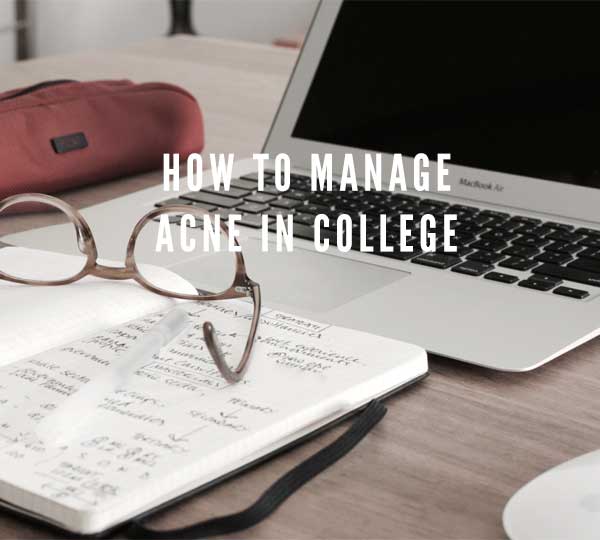
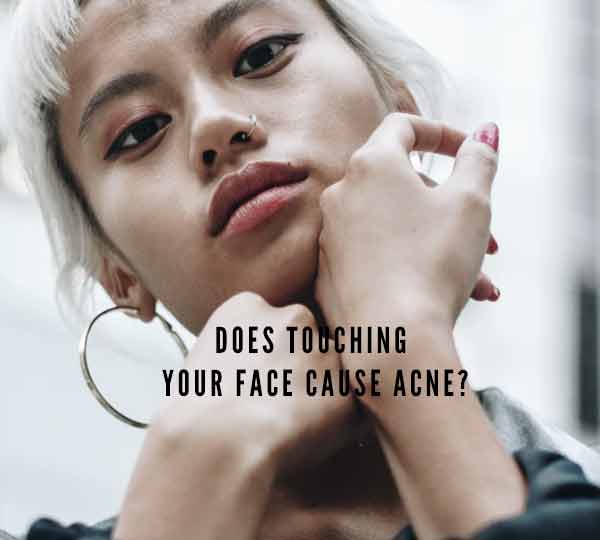
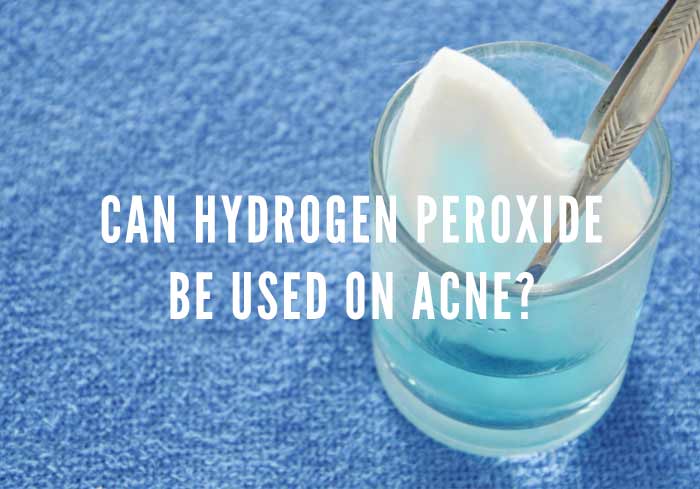










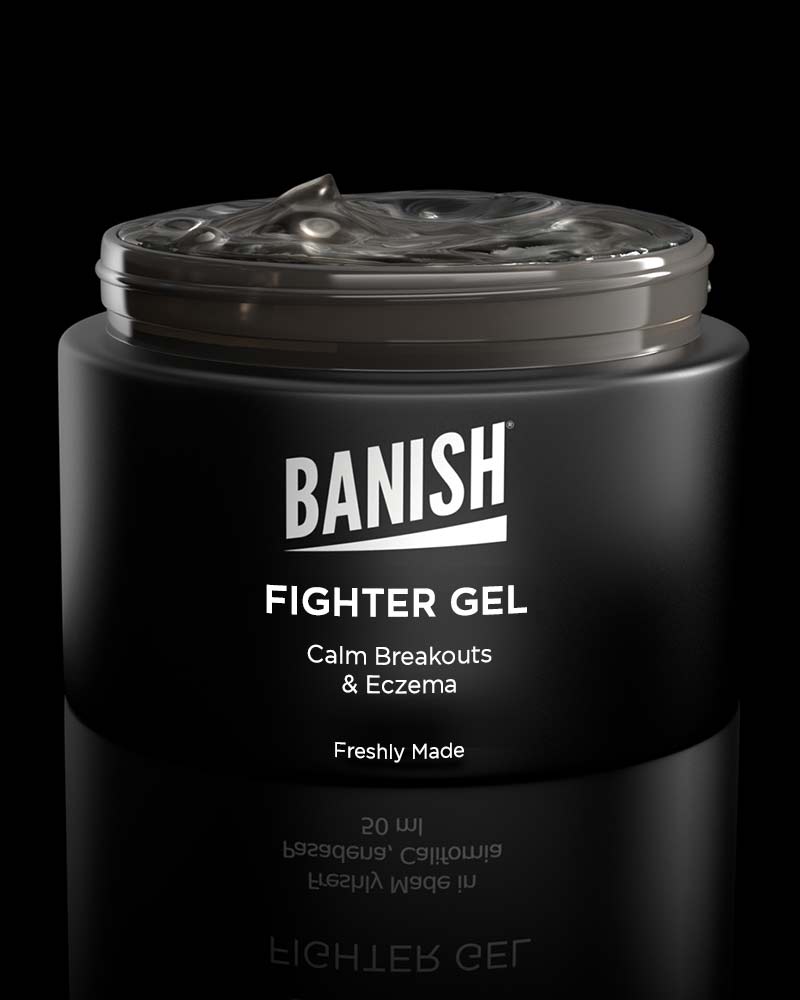
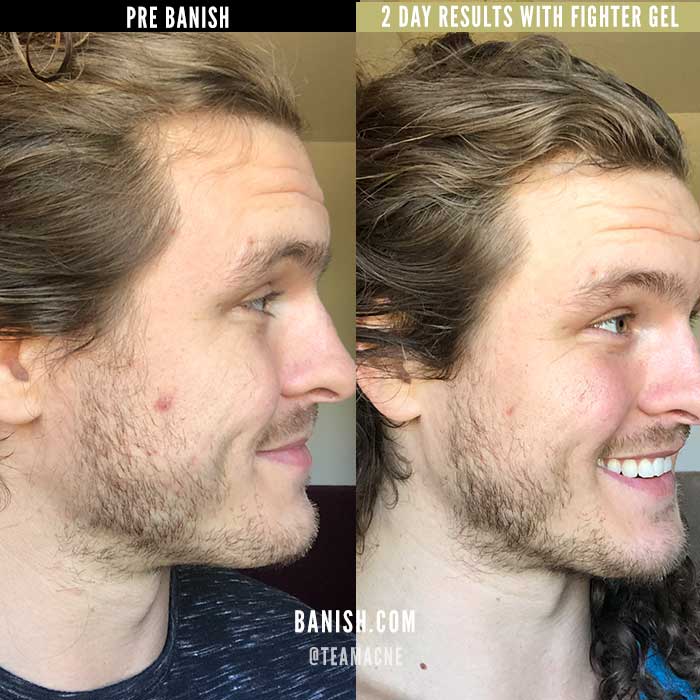










Leave a comment
All comments are moderated before being published.
This site is protected by hCaptcha and the hCaptcha Privacy Policy and Terms of Service apply.